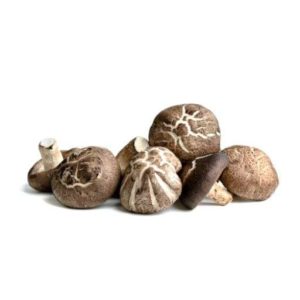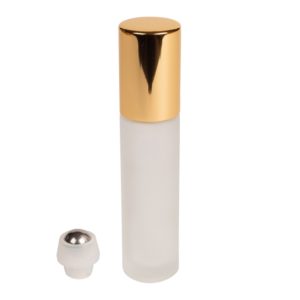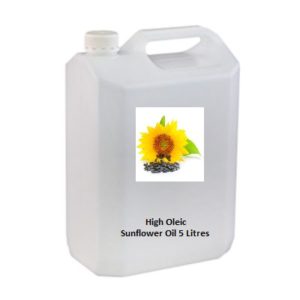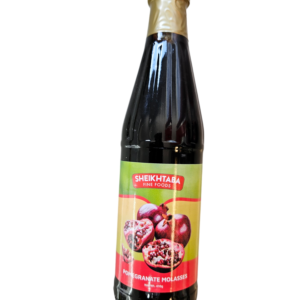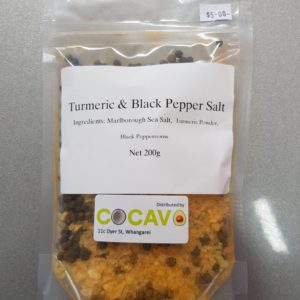Coconut oil for skin
Coconut Oil can be a beneficial addition to a skincare routine, particularly for those with dry or damaged skin, but it’s important to be aware of its potential drawbacks, especially for oily or acne-prone skin. Coconut oil’s moisturizing properties and its ability to lock in moisture make it a good choice for hydrating various skin areas.
Benefits of Coconut Oil for Skin:
-
Moisturizing:Coconut oil is an excellent emollient, meaning it helps soften and hydrate the skin by increasing its moisture content.
-
Anti-inflammatory:Its anti-inflammatory properties can help soothe irritated or inflamed skin.
-
Antibacterial and Antimicrobial:Coconut oil can help protect against harmful microorganisms, which can be beneficial in preventing some skin infections.
-
Wound Healing:It may aid in the healing of wounds and burns due to its ability to improve antioxidant status and collagen levels.
-
Versatile:Coconut oil can be used as a moisturizer for the body, as a makeup remover, lip balm, and cuticle cream.
-
Natural Alternative:It can serve as a natural alternative to chemically formulated commercial moisturizers and other skincare products.
Potential Drawbacks of Coconut Oil for Skin:
-
Comedogenic:Coconut oil is considered comedogenic, meaning it can clog pores and potentially worsen acne and other skin issues, especially in individuals with oily or acne-prone skin.
-
Not Ideal for the Face:Due to its comedogenic nature, coconut oil is generally not recommended for use on the face for those prone to acne or clogged pores.
-
Consult a Dermatologist:If you have concerns about using coconut oil on your skin, especially if you have oily, acne-prone, or sensitive skin, it’s best to consult with a dermatologist.
How to Use Coconut Oil:
-
Apply directly to the skin:You can apply coconut oil directly to the skin after showering or bathing to help lock in moisture.
-
Use as a moisturizer:Apply a small amount to dry or irritated areas of the skin to help soothe and hydrate.
-
Layering:Coconut oil can be layered on top of other hydrating ingredients, such as hyaluronic acid, ceramides, and glycerin, to further enhance hydration.
-
DIY Products:You can incorporate coconut oil into DIY skincare products, such as body scrubs, balms, and cleansers.
It is an effective facial cleanser
Coconut oil is considered an effective facial cleanser that helps to dissolve dirt, sebum, and other impurities without leaving behind any residue on your face. It can remove makeup easily if applied first on dry skin.
Exfoliate your face with coconut oil
Coconut oil is also used by many to remove dead skin cells due to its abrasive texture and it is one of the best organic exfoliators. To exfoliate your face with coconut oil, take a little bit of the oil in the palm of your hand and rub it between both palms to melt it down. Then apply this oil on dry skin avoiding the eye area. Massage it in a circular motion with the tips of your fingers.


